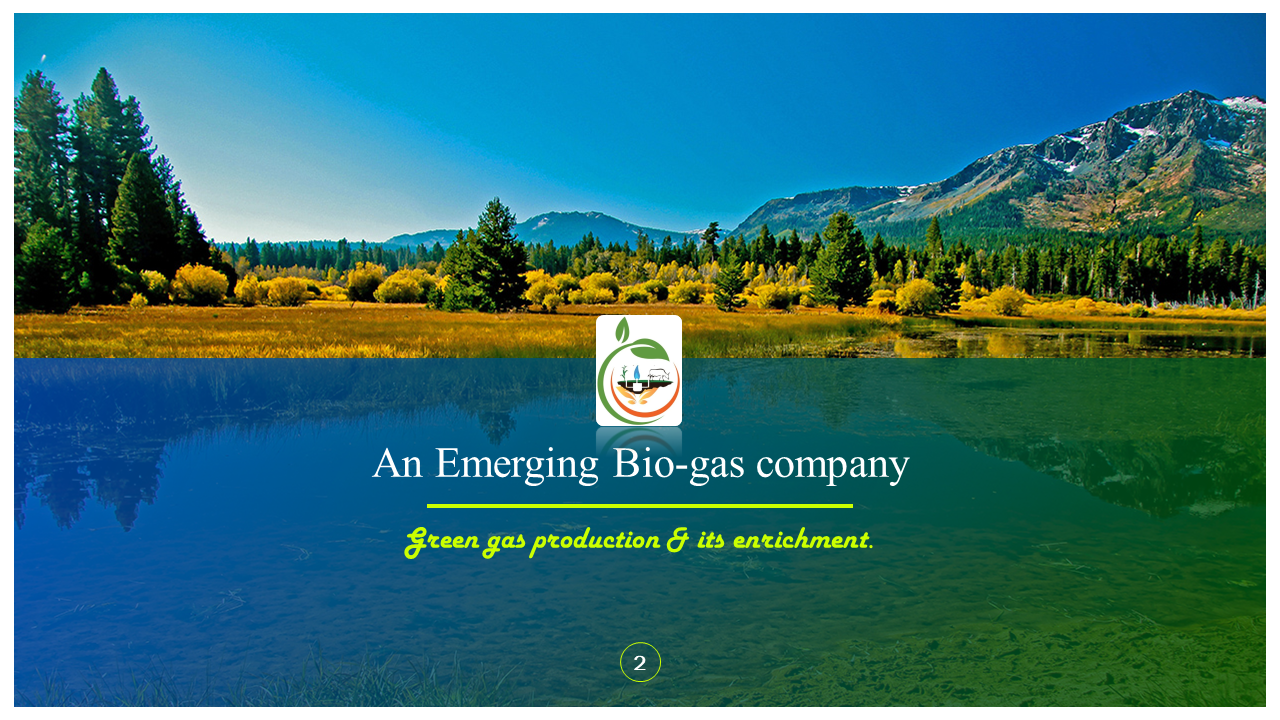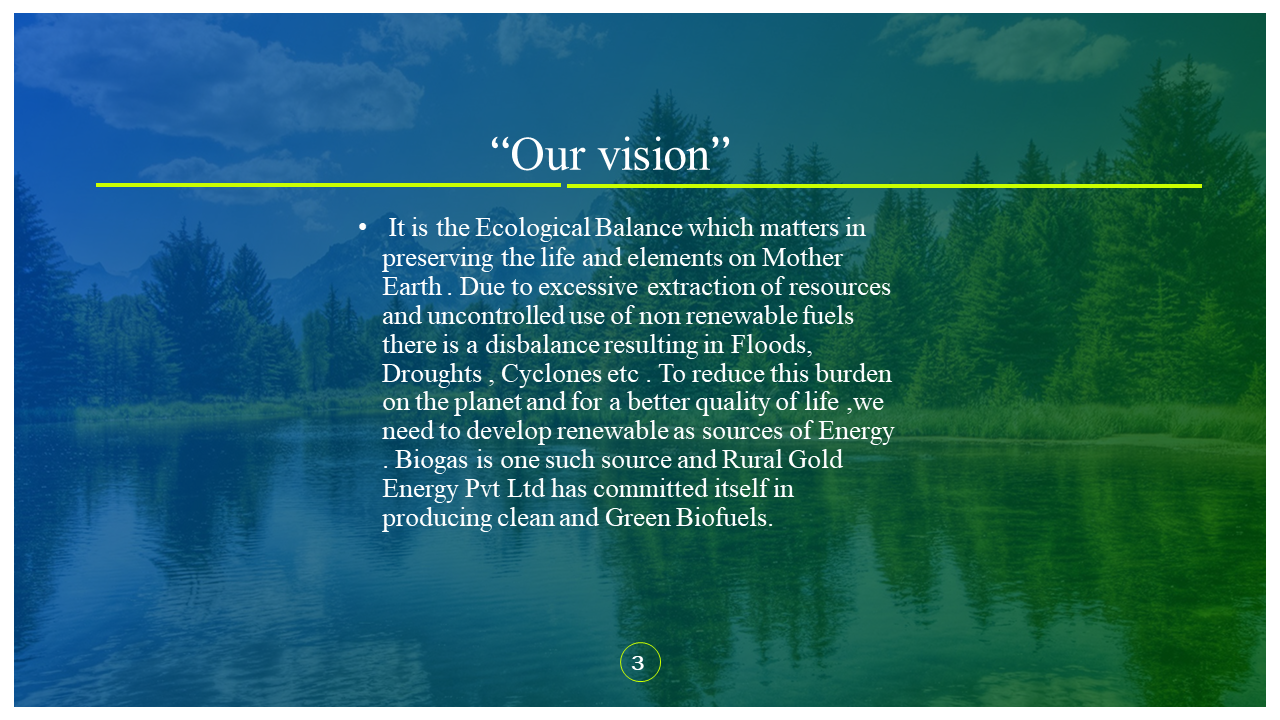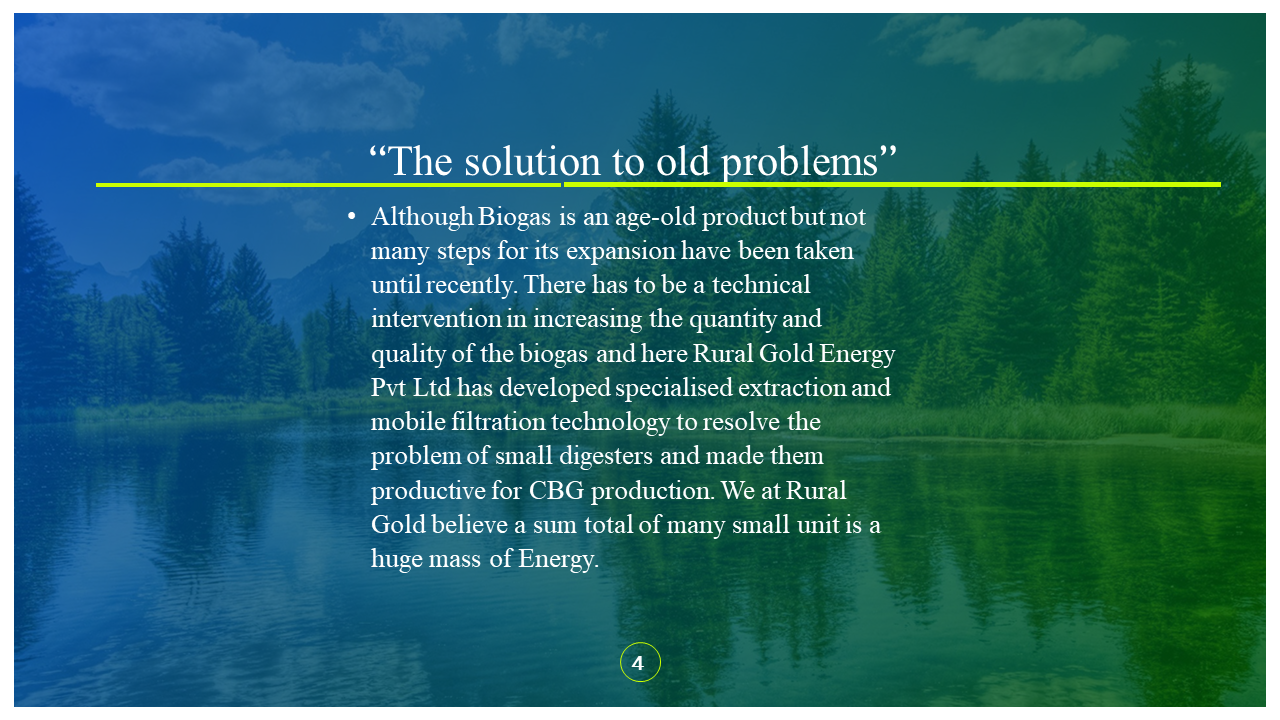The Indian government has announced various initiatives to promote the production of compressed biogas (CBG) using diverse sources such as agricultural and municipal waste following the Budget 2023-24 statement in February. These efforts aim to facilitate the utilisation of CBG in the transportation sector.
Recent facilitative measures include the establishment of a special fund for partial guarantee, funded through the Swachh Bharat Mission, and to be housed in the Housing and Urban Development Corporation.
Additionally, a special subsidiary focused on waste processing is proposed to be established under Engineers India Ltd. Noteworthy announcements also include the introduction of a 5 per cent CBG Blending Obligation and Market Development Assistance set at Rs 1,500 per tonne for fermented organic manure produced from CBG projects.
There are currently 74 operational CBG plants, while 432 plants are either in the process of development or are yet to commence construction, according to information from the Gobardhan portal, the central registration portal for biogas / CBG / bio compressed natural gas plants. The ultimate goal is to establish 5,000 CBG plants nationwide under the Sustainable Alternative Towards Affordable Transportation scheme.
Despite significant support from the central government and specific state governments, more than 90 per cent of the operational plants are functioning below their intended production capacity. This can be attributed to various factors such as inadequate pre-planning, a shortage of skilled personnel for efficient plant operation, limited understanding of feedstocks and the supply chain, insufficient knowledge about bio-slurry characteristics and methods for enrichment, and a lack of expertise in selecting the appropriate technology partner.
Although anaerobic digestion technology has proven to be effective, a deficiency in scientific knowledge necessary for plant operation could leave these facilities on the brink of inactivity. There is a strong desire to avoid a repetition of the Jatropha biodiesel story and prevent the failure of this environmentally friendly energy initiative.
The Union Ministry of New and Renewable Energy created eight Biogas Development and Training Centers (BDTC) located at technical institutions, Indian Institutes of Technology and universities in the country.
These centres have been designated to offer technical assistance to various stakeholders in advancing bioenergy initiatives in the country. Their primary responsibilities involve providing technical support and delivering training sessions based on MNRE-approved courses to ensure the efficient implementation of the biogas program nationwide. Additionally, these centres are engaged in research and development within the field of biogas technology and conduct field inspections of biogas plants.
The BDTCs were established initially to guide and inspect small (1-25 cubic metres) and medium-sized biogas plants (above 25-2500 m3). Despite the shift from traditional biomass energy (biogas) to modern bioenergy, such as biomethane or CBG, the existing hand-holding centres remain unchanged. There is an urgent need to recreate these centres, enhancing their technical expertise and research infrastructure, transforming them into Compressed Biogas Development and Training Centers.
One of the primary challenges encountered by CBG plants pertains to the testing of biomethane potential in their feedstock and assessing the nutrient content of solid and liquid fermented organic manure.
Currently, users are required to pay substantial amounts for these analyses, often treated as consultancy projects. Additionally, not all BDTC centers possess the necessary scientific instruments for such testing. It is crucial to allocate funds to BDTC centres for acquiring advanced scientific instruments tailored for CBG plant testing, and a reasonable fee should be established for timely analyses.
Presently, there are eight BDTC centres in the country, and there is an immediate need to expand this number, particularly in high-potential CBG states like Uttar Pradesh, Maharashtra, Haryana, Gujarat, Bihar, West Bengal, Rajasthan, among others, which currently lack these centres.
Another vital aspect is to augment the skilled manpower at BDTCs. The existing staffing structure includes a project investigator, two technical staff members and three non-technical staff members. Given their diverse responsibilities, including project evaluation, training, inspection and mentoring, it is imperative to hire individuals with strong technical knowledge in CBG and relevant experience. Their wages should be revised to be on par with scientist-level positions to ensure motivation and unbiased work.
With the increasing number of CBG plants, the demand for skilled CBG manpower will rise. Therefore, introducing an innovative one-year diploma course specific to CBG under BDTC centres is proposed to prepare skilled candidates for the future.
Furthermore, the frequency of onsite and online training should be increased with a revised content that reflects the current CBG landscape, as the existing courses primarily focus on small and medium-scale biogas projects.
The lack of awareness about BDTC centres due to poor online presence and an unfriendly user interface is a significant issue. To address this, a centralised website for BDTCs should be established, providing clear information on necessary contacts, sample characterisation charges and timelines.
The website should also detail the training programmes, including course materials. Monthly webinars conducted by BDTC staff can help keep stakeholders informed about technical aspects, policy updates and successful practices.
The revitalisation of BDTCs could have a substantial positive impact on India's transition to modern bioenergy, ensuring the success of India's CBG endeavors rather than experiencing failure.




